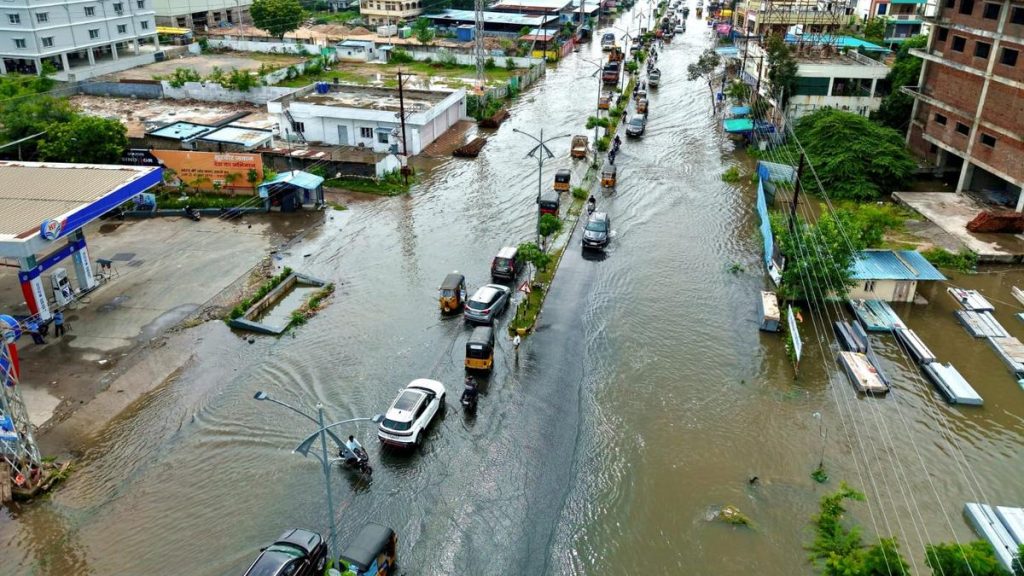Now Reading: Beloved Campgrounds and Forests May Soon Go Under the Hammer
-
01
Beloved Campgrounds and Forests May Soon Go Under the Hammer
Beloved Campgrounds and Forests May Soon Go Under the Hammer

Fast Summary
- A U.S. Senate proposal spearheaded by Senator Mike Lee (R-utah) seeks to sell parts of federally owned public lands to private developers for housing projects and infrastructure.
- The bill targets up to 250 million acres across western states, including sites in Washington, Nevada, and Arizona, but excludes protected areas like national parks.
- Indigenous groups and environmental advocates criticize the bill, emphasizing that “public lands” were historically seized from tribes and lack necessary consultation or tribal rights in the proposal.
- Conservation organizations warn this could lead to luxury developments instead of affordable housing due to absent affordability requirements in the legislation.
- Opposition also arises from Republican senators who highlight irreversible consequences of privatizing public land assets.
- Polls show low public support; only 14% of voters across eight Western states favor limited sales for housing advancement.
Indian Opinion Analysis
the debate over federal land ownership and utilization is a complex issue that underscores broader interconnections between property rights, conservation ethics, indigenous sovereignty, and economic motivations. While it might seem geographically distant from India’s immediate concerns,parallels exist concerning how nations balance development priorities with ecological preservation. For India-where issues like forest rights for tribal populations or urban sprawl intersect-this controversy serves as an instructive example about ensuring safeguards before transferring publicly held assets.
The absence of affordability provisions in U.S.proposals mirrors global challenges where unregulated privatization often intensifies inequity. Furthermore, India can glean lessons on engaging indigenous communities when making decisions about ancestral territories-a persisting issue given the ongoing struggles over land claims under laws such as FRA 2006 (forest Rights Act). This case reiterates the necessity for clear policymaking processes that prioritize sustainable development while honoring historical injustices.

























